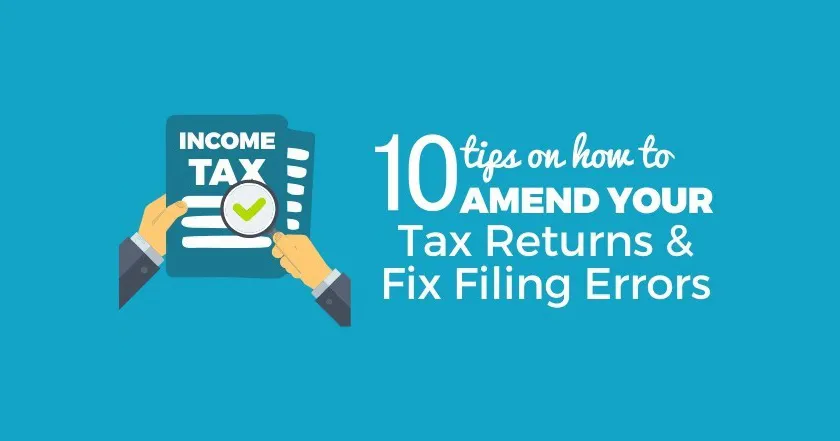- Annual Report: A required yearly document that corporations file with the state, summarizing financial performance and business activities. Read our guide to annual reports.
-
Articles of Dissolution: Legal papers filed to formally close a corporation or LLC and end its existence under state law. Learn more about dissolving a business.
-
Business License: Official permission from a government agency allowing a person or company to legally operate in a specific area. Requirements vary by location and business type. See our business license guide.
-
C Corporation: A corporation structure where owners (shareholders) are taxed separately from the business. Learn more about C corporations here.
-
Capital Gains Tax: Tax on the profit from selling certain assets such as stocks, real estate, or investments.
-
Corporate Tax: Tax on a company’s net income or profits. Learn more in our corporate tax guide.
-
Deductions: Expenses that can be subtracted from taxable income to reduce overall tax liability.
-
EIN (Employer Identification Number): A Federal Tax ID used to identify a business for tax and reporting purposes. Learn more about EINs here.
-
Excise Taxes: Taxes applied to specific goods or activities, collected at purchase or production, such as fuel, alcohol, or tobacco. Read more about excise tax.
-
Form 1040: The standard IRS form individuals use to file annual income taxes. Learn more about Form 1040 and individual taxes here.
-
Form 1065: IRS form used to report a partnership’s profits, losses, deductions, and credits.
-
Form 1120: U.S. corporate income tax return form for C corporations.
-
Form 1120-S: Tax form S corporations use to report income, losses, and dividends to the IRS.
-
Form 2553: Used by corporations to elect S corporation status for federal taxes.
-
LLC (Limited Liability Company): A business structure combining limited liability with pass-through taxation. Some LLCs may elect to be taxed as a corporation.
-
Partnership: A business owned and managed by two or more individuals who share profits, losses, and responsibilities.
-
Payroll Taxes: Taxes on wages paid by employers or withheld from employees’ paychecks, typically covering Social Security, Medicare, and sometimes state or local programs.
-
Registered Agent: A person or service authorized to receive legal and government documents on behalf of a business. Learn more about registered agents.
-
S Corporation: A corporation that meets IRS requirements allowing profits and losses to pass through to shareholders while providing limited liability protection. Read our S corporation guide.
-
Schedule C: IRS form used by sole proprietors to report business income or losses.
-
Self-Employment Tax: Social Security and Medicare taxes paid by individuals who work for themselves.
-
Sole Proprietorship: The simplest business form, owned and run by one person, who is personally responsible for business debts.
-
Tax Credits: Amounts that directly reduce the total taxes owed to the government.
-
Tax Deduction: Expenses subtracted from taxable income to lower overall tax liability.
-
Tax Evasion: Illegal avoidance of paying taxes owed to the government.
-
Tax Planning: Strategically organizing finances to maximize legal tax benefits and minimize liabilities.
-
Withholding Tax: Income tax withheld from employees’ paychecks and remitted directly to the government as partial payment of their income taxes.

Dissolving a Business: Key Steps and Compliance Tips
Dissolving a business is a significant decision and involves more than just stopping operations. It’s a formal process that requires




